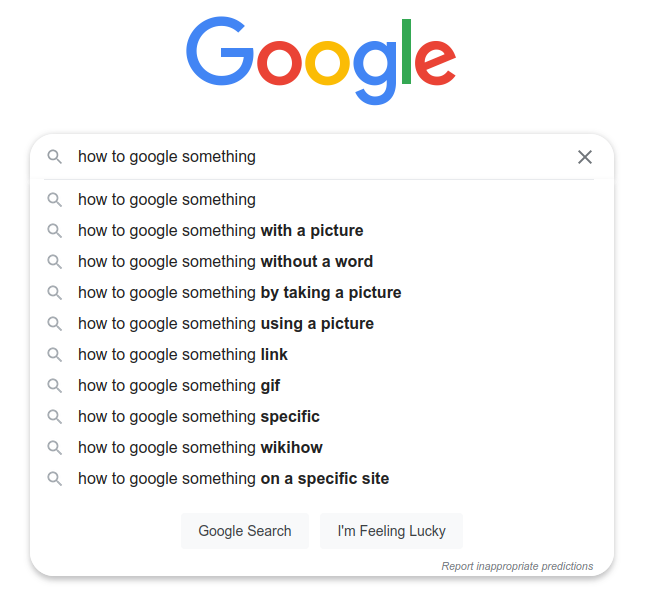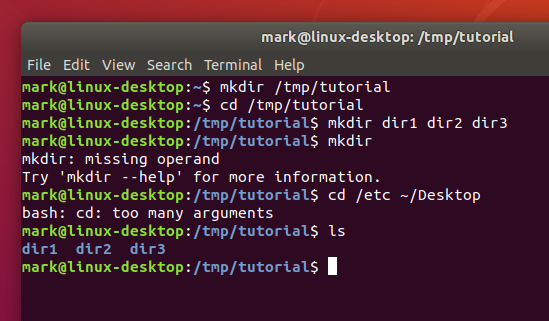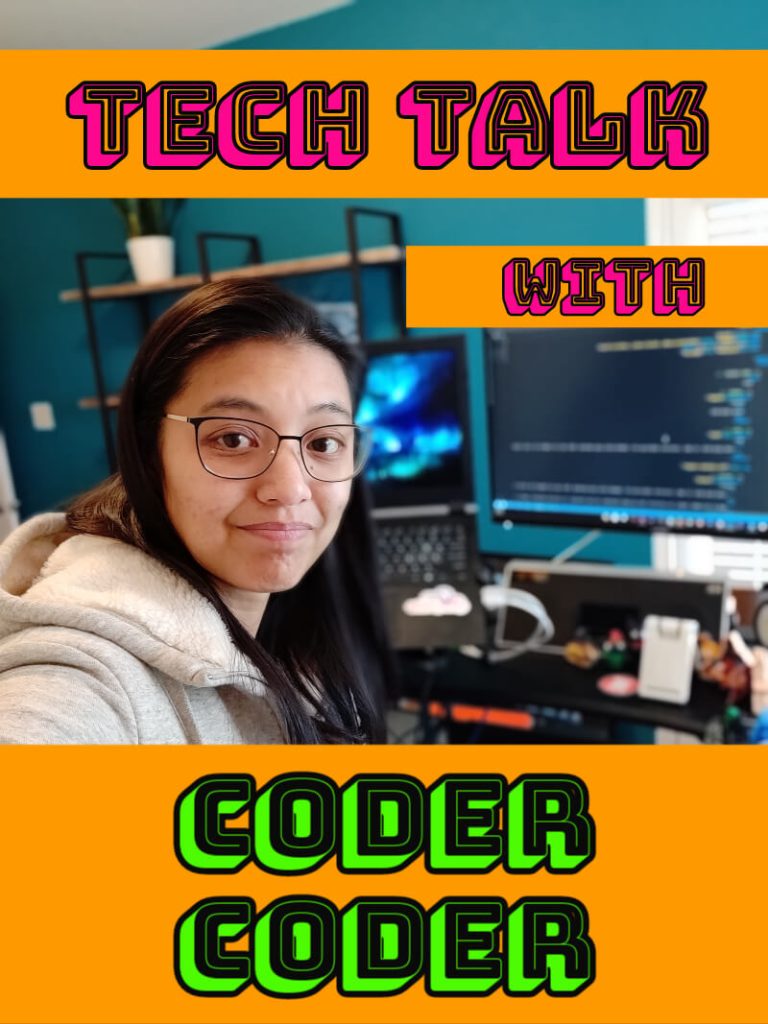Coder Coder has made an explosive entrance into the tech scene. She’s got a rapidly growing YouTube channel, a content-rich blog, and is working on a new course (but we’ll let her tell you about that).
We had the opportunity to interview Coder Coder about paving her way into the tech industry, advice for newbies and even had a bit of garage talk.
This post contains affiliate links. We may receive compensation if you buy something. Read our disclosure for more details.
1. Hello, Coder Coder. Tell us about yourself.
My name is Jessica Chan and I run the Coder Coder YouTube channel.
I’ve worked as a web developer in advertising and marketing for the past 8 years, and recently quit my full-time job to focus on YouTube and helping people learn how to code.
2. How did you get into the tech industry?
In college I studied photography, but didn’t have a clear idea of what to do after graduating. Most of my 20s was spent working random jobs, from a photo lab tech to receptionist, and I was a bit lost to be honest.

Things changed when I got a job off of Craigslist for a small company doing data entry. The pay was pretty bad, but they did start teaching me back-end programming.
After a couple years I had enough skills to land a job as an actual web developer at an ad agency.
The change from making hourly money to having a stable career was huge, and I’ll always be grateful to that random Craigslist job for getting me started.
3. Reality vs. Expectations: How did your first tech job differ from what you were trained to do?
When I was learning back-end programming at that data entry job, it was mainly SQL and ASP.NET. At the agency job, I did do some .NET and SQL, but I also ended up doing a ton of other work tasks.
They would put me on projects where I had to build HTML emails, install WordPress updates, build landing pages with CSS and JavaScript, and many other things.
There was a big learning curve, and I think one of the biggest lessons I picked up in those early years was learning how to learn.
Since I was just starting out, I felt like I didn’t know the majority of things I had to do for work. So I had to learn how to Google things, do trial and error, and as a last resort ask my boss or coworkers for help.

4. There are thousands of modern tech tools available to developers. What do you think are a few of the most useful for newbies and why?
For newbies who ask me where to begin, I’d recommend getting familiar with VS Code and some of the more popular extensions that can help you.
For example, Live Server to spin up a local server, Prettier to format your code nicely, Bracket Pair Colorizer to help parse functions more easily, and some of the Git integrations like GitLens.
Git is another very important tool that I’d point people to.
You can use it on the command line or a GUI program like GitHub Desktop. And setting up an account on GitHub is also great to get familiar with and to create an online presence.
Once you’ve learned the basics of HTML, CSS and JavaScript, getting comfortable with the command line and using npm or yarn package managers is a great skill to have. Especially as you get more into the JavaScript environment, understanding how to install Node packages will really help you later on.

5. As a self-taught developer, what do you wish you had done differently?
Honestly, I don’t think I would change anything. When I was early in my career, I remember feeling like I had to keep up to date with all the technologies and tools, because my more experienced coworkers always seemed on top of it.
But at the time, I was spending so much mental energy just doing my job and frantically Googling all day that I simply didn’t have any bandwidth to spare.
It was a bit overwhelming to think about doing that in addition to everything else, so I just didn’t. But I felt bad about it.
Nowadays I am able to follow trends because I’m not spending the same amount of time and energy just getting by every day. So I suppose the takeaway from this is to be patient with yourself and to acknowledge that learning web development is a journey that will take many years.

You don’t have to learn everything right away. Just focus on what the next step is in your learning process.
If you’re at the beginning, don’t worry about what JavaScript framework is the best. Just focus on the fundamentals of HTML and CSS, and know that you’ll get to those more advanced topics later on in your career.
6. What are you working on these days, Coder Coder? What’s next?
Since quitting my full-time job I’ve been mainly focused on creating my first course, Responsive Design for Beginners and also creating more tutorials on YouTube.
It’s been a learning experience in managing my time, as I’m also still contracting for my previous employer part-time.
But it’s been a really fun experience, overall. I still remember what it was like when I was starting out in the industry, so I always try to explain the thought process and decisions in my videos.
It’s just really fulfilling to be able to help people who are trying to learn a new skill to better their lives.
7. Is there anything else you’d like to add?
Nothing else! Thanks for having me in this interview 🙂
Coder Coder Interview: Conclusion
We hope you enjoyed what Coder Coder had to share.
And big shout out to Coder Coder for giving us this interview!
If you enjoyed reading about Coder Coder’s experience, be sure to check out these other web developer interviews:
